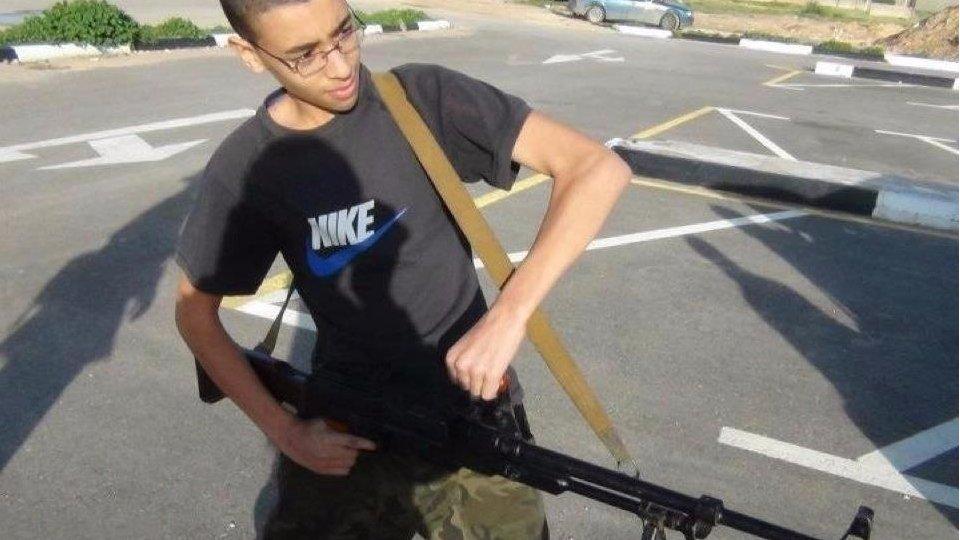Manchester Arena Inquiry: Failures 'fundamental and chronic'
- Published

The lawyer for seven of the bereaved families said the attack was "foreseeable and readily preventable"
A "fatal cocktail" of security failures contributed to Manchester Arena being unsafe on the night it was bombed, the inquiry into the attack has heard.
John Cooper QC, representing 12 bereaved families, told a hearing the failures were not "slight or marginal", but "fundamental and chronic".
He said "ignorance", "poor training", "complacency" and "turning a wilful blind eye" may have all contributed.
Earlier, Pete Weatherby QC said the attack had been "readily preventable".
Twenty-two people were killed and hundreds more injured when Salman Abedi detonated a bomb in the City Room foyer of the Manchester Arena as fans left an Ariana Grande concert on 22 May 2017.
Lawyers for bereaved families were giving closing statements in the phase of the inquiry looking at security arrangements at the arena.
Mr Cooper said there were many reasons for the "fundamental and chronic" security failures, such as "ignorance, passivity, poor training, complacency, turning a wilful blind eye, dereliction of duty.... a failure to take responsibility and the overriding drive to penny pinch".
He added the mistakes represented a "virulent and ultimately fatal cocktail".
Austin Welch, speaking for three bereaved families, told the inquiry the failures of British Transport Police, security firm Showsec and arena operator SMG all "contributed to the City Room being unsafe".
"Their failures enabled Abedi to carry out his murderous plans unchecked... and contributed to the deaths," he added.
'Real change'
Earlier, Mr Weatherby, representing seven bereaved families, said it was not individual failings at the heart of the tragedy, but the fact there is currently no clear standard of protective measures with which those responsibility for safety had to comply.
A plan for a law to improve venue safety has been paused due to Covid-19, but he said a failure to set out a timetable for change showed a "complete lack of commitment" by the government which "increases the risk of further outrages".
He said the "loss of 22 innocent lives must lead to real change without further delay", as "reasonable and proportionate measures" could have stopped the attack which he saw as "a foreseeable and readily preventable outrage".
Asked for a response by the BBC, a Home Office spokesman said the government "remain absolutely committed to delivering a Protect Duty as soon as possible to prevent more families losing loved ones in senseless attacks".
"We have temporarily paused the launch of the consultation in light of the coronavirus outbreak as it is vitally important that businesses are able to meaningfully contribute to the process to ensure we get this right," he added.
Mr Weatherby also said there must not be too much blame placed on "young inexperienced security stewards" who were "poorly trained and barely supervised" and police officers, who were "poorly briefed and trained and completely unsupervised", adding that the question to be asked was "how were their failures allowed to happen?"
Duncan Atkinson QC, representing six bereaved families, added that there had been a "scandalous state of affairs" in relation to risk assessments at Manchester Arena.
He said the evidence showed SMG and Showsec "prioritised commercial concerns above security and compliance with the law", and said risk assessments had become a "tick box exercise" divorced from the national terrorism threat.
Both those claims were denied by the companies earlier in the inquiry.
The inquiry continues.

Why not follow BBC North West on Facebook, external, Twitter, external and Instagram, external? You can also send story ideas to northwest.newsonline@bbc.co.uk, external
Related topics
- Published12 November 2020

- Published20 January 2021
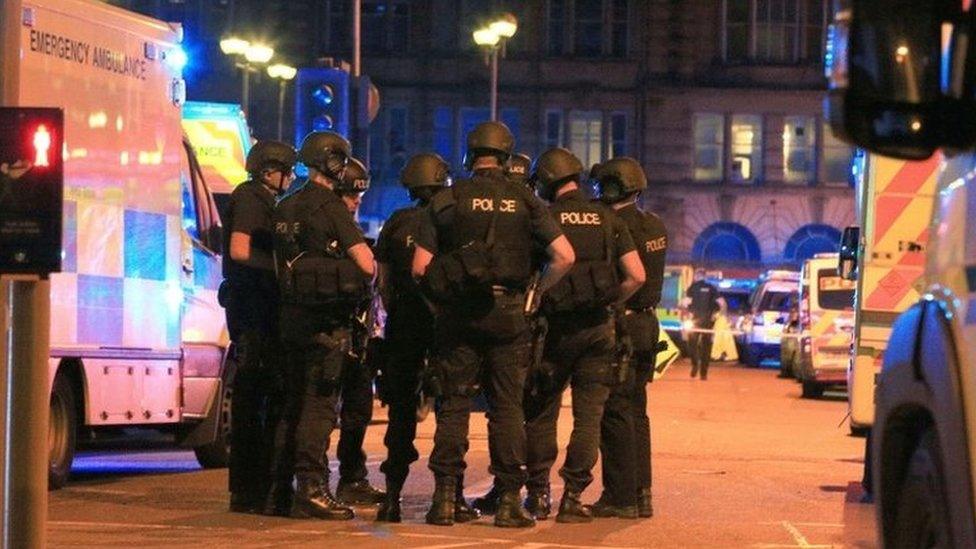
- Published19 January 2021
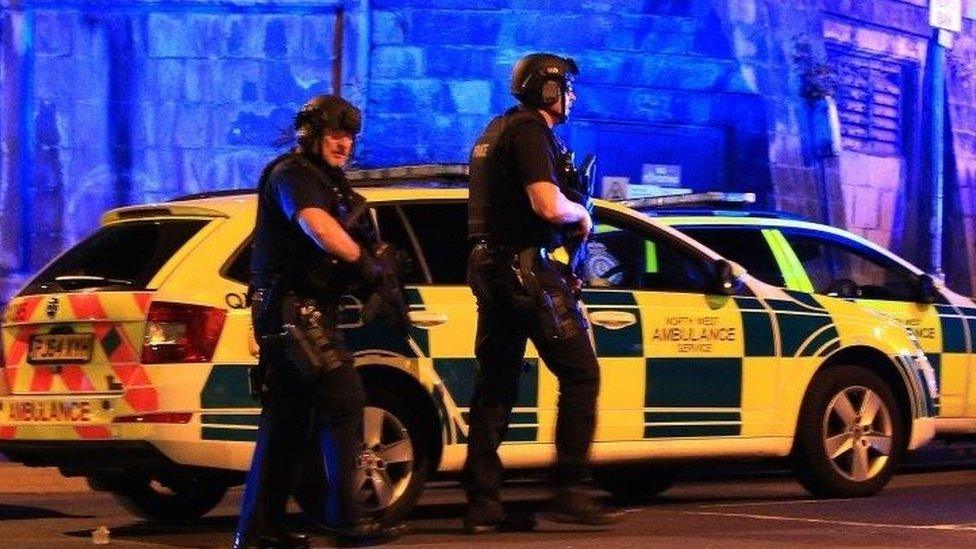
- Published18 January 2021
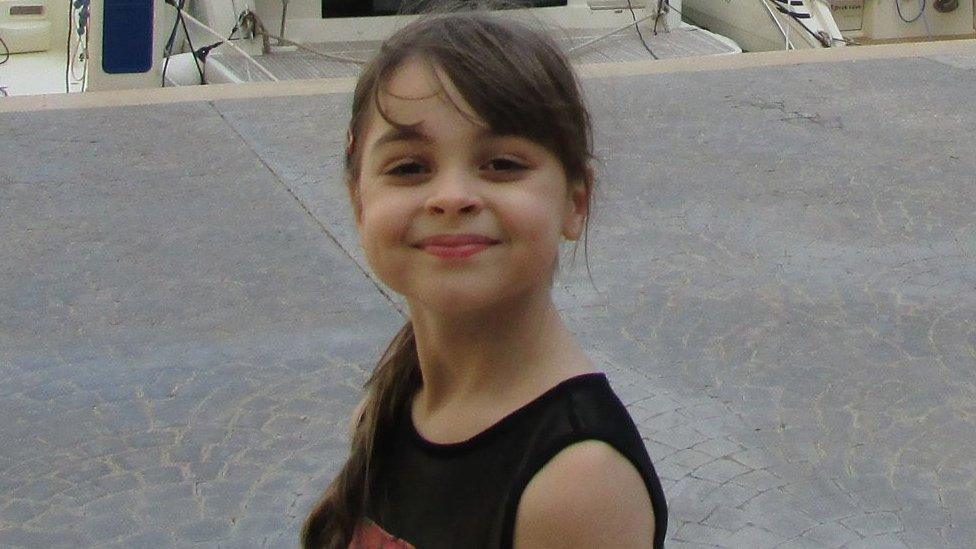
- Published7 January 2021

- Published21 October 2020

- Published3 November 2022

- Published7 September 2020
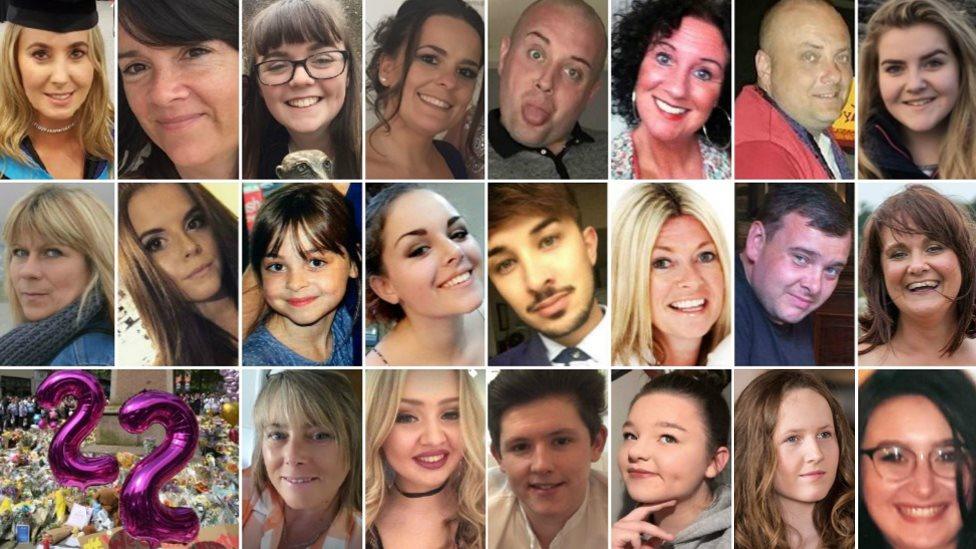
- Published20 August 2020
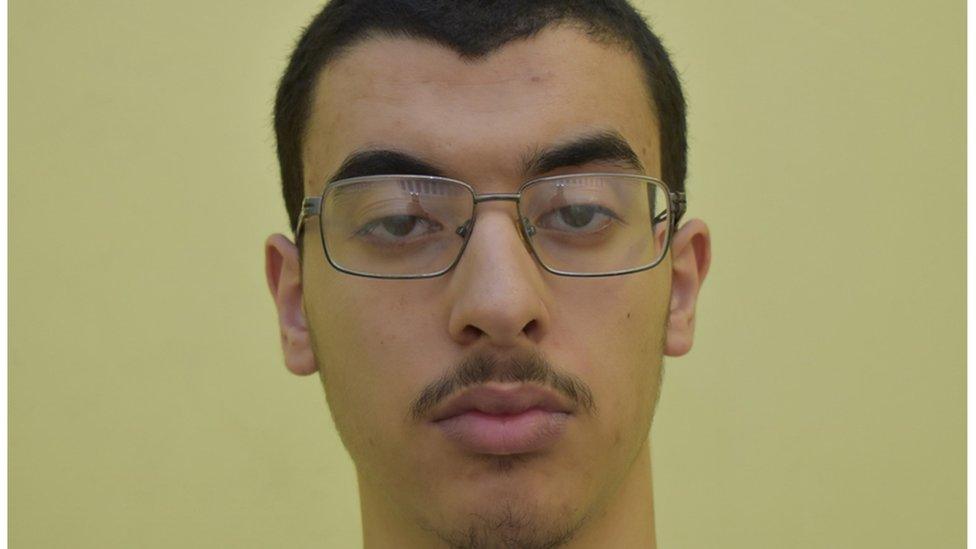
- Published17 March 2020
